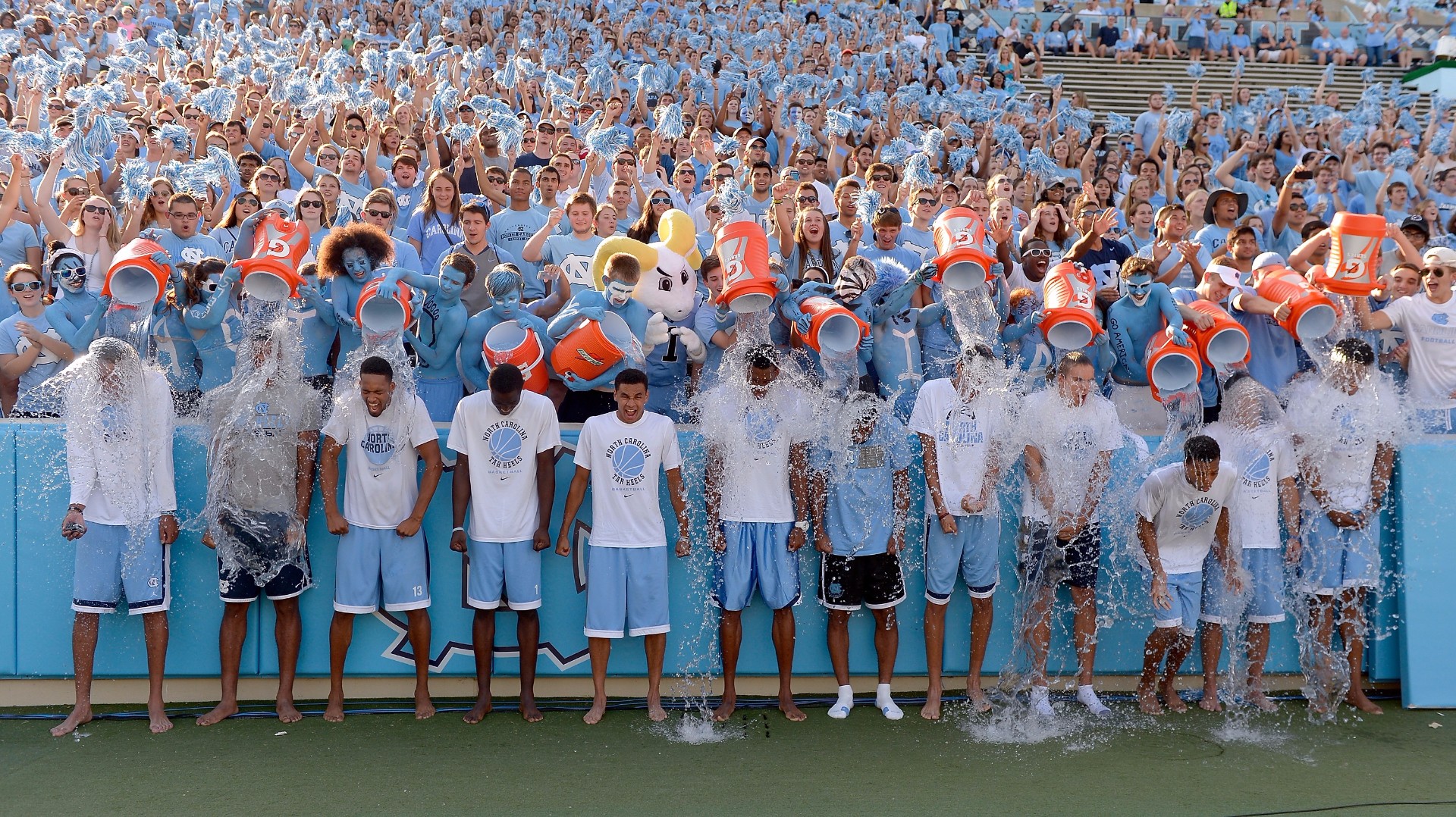Two years ago, just about everyone was dumping ice water on their heads for the Ice Bucket Challenge. It helped raise big bucks for ALS research, and a breakthrough researchers hope leads to a cure.
Juan Reyes was diagnosed with ALS a year ago. He recalls the day he and his wife Meg found out he had it.
"We made it out to the car and sat there for a while trying to compose ourselves, trying to figure out what our next step was going to be, which was to inform our kids and our family about this devastating news that was going to alter our lives," Juan said.
His kids took it hard.
"I tried to cover it up by playing with my friends more and trying to ignore it, but it's hard," their youngest son said.
"Denial denial denial," their daughter added.
Their oldest son Nathan is serving hours away in San Angelo, and wishes he could be there for his family.
"It's a little difficult knowing that he's over there dealing with what he's going through," he said.
"The curse of this condition is that it robs the person of the use of their body while the mind remains completely intact," Juan Reyes noted.
But they're all making the best out of a difficult situation, even though the fear is still there. Reyes said,
"Am I scared? You bet," Meg added, "We look at the silver lining and think, 'What can we do about this? Can we go out and talk to people? Can we educate people? Can we do the bucket list things?'"
Around 117 Million people took part in the Ice Bucket Challenge back in 2014. A total of $115 million was raised through donations. About $1.5 million of that money went to a lab that discovered a gene called NEK1.
That discovery is considered a breakthrough by many in ALS research. NEK1 is one of the most common genes contributing to the disease. With its discovery, scientists have another potential target for ALS therapy.
"[The money] has provided funding for our clinics so, for patients with ALS who live with the disease day to day, there is a huge infrastructure of support that has been funded through that money," said Dr. Carlayne Jackson, a UT Medicine physician.
At UT Medicine right here in San Antonio, some of that money has allowed them to move forward with clinical trials looking to fight ALS.
"We are having patients taking medication that activates a protein within the muscle called troponin, and the hypothesis is that the drug will increase the muscles' ability to contract forcefully and minimize the fatigability of the muscle," Dr. Carlayne said.
Guillermo Garcia suffers from ALS and is doing what he can to help researchers march towards a much-needed cure.
"If they don't have these, there is no way for them to know what is going to work and what is not going to work," Garcia said.
While researchers are still far from a cure, ALS patients like Reyes and his entire family remain hopeful that a cure isn't too far away.
"I am hopeful that they'll find treatments to prolong life and to reverse or slow down the condition," Reyes said. "Maybe even a cure in my lifetime."


